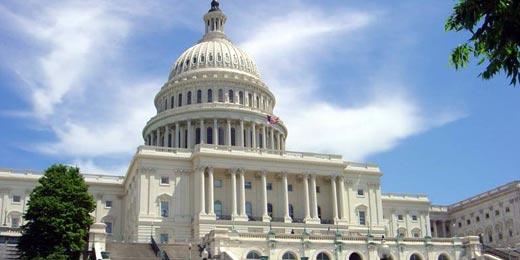
Budget/Debt Ceiling Increase Deal
The administration and House and Senate Leaders have crafted a deal to increase sequester spending levels for both domestic and defense spending for FY 2016 and 2017. The legislation, which is expected to be acted on by the House and Senate in the next few days, would also raise the debt ceiling until March 2017. If passed, the bill would avoid a debt ceiling default on November 3rd that could have prevented federal salaries from being paid.
The bill would increase domestic and defense spending caps by $25 billion each in 2016 and $15 billion each in 2017. Separate FY 2016 spending legislation funding individual federal agencies would still need to be fashioned and enacted with these new funding levels in order to avoid a government shutdown due to a lapse in appropriations when current funding runs out on December 11, 2015.
Importantly, while the legislation includes spending cuts, or offsets, for the increase in agency funding levels, those offsets do not directly affect federal pay or benefits. In addition, the legislation addresses the issue of potentially large increases in Medicare Part B premiums for retirees who receive very small or no Social Security payments. Under the deal, while approximately 70% of Medicare Part B beneficiaries would continue to pay $104.90 per month; Medicare beneficiaries who do not deduct Part B premiums directly from a Social Security check (those not “held harmless”) would pay $123 per month rather than the $159.30 monthly premium as called for under current law. Seniors with Modified Adjusted Gross Incomes of over $85,000 for single filers and $170,000 for married filing jointly would continue to be subject to higher monthly Part B premiums.
